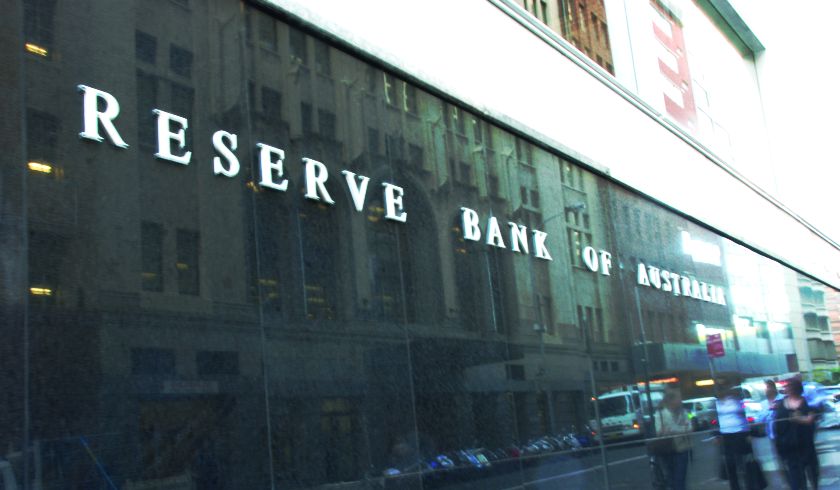Big bank balance sheets increasingly skewed to mortgages
The balance sheets of the big four banks are increasingly exposed to residential mortgages, as other forms of revenue generation become less lucrative, according to research from the RBA.

In a new report released by the Reserve Bank of Australia (RBA) – titled Bank Balance Sheet Constraints and Money Market Divergence – analysts Belinda Cheung and Sebastien Printant noted the major banks’ growing exposure to residential mortgage lending as returns on money market trades decline.
According to the analysts, money market trading has become less lucrative as a result of a greater cost and return imbalance following the global financial crisis.
“We find that money market trades have generally not been profitable for the four major banks since the financial crisis,” the RBA report stated.
“This is partly because debt funding costs have fallen by less than money market returns. In addition, equity funding, which is more expensive than debt, has increased.
“Consequently, the incentive for banks to arbitrage between money market interest rates has fallen.”
The analysts added that, as a result, the major banks have looked to invest in other forms of revenue generation that promise higher returns, particularly residential mortgage lending.
“This is consistent with the balance sheets of the major banks being weighted towards mortgages and away from trading investments,” the report noted.
According to the latest property exposure statistics from the Australian Prudential Regulation Authority (APRA), the ADI’s sector exposure to residential mortgages increased by 3.6 per cent when comparing the June quarter 2019 to the previous corresponding period.
As a result, a decline in demand for housing credit contributed to a decline in the cumulative net profit after tax collected by ADIs.
The value of new lending approved by ADIs fell 15.3 per cent (June 2019 versus June 2018), contributing to a 5.8 per cent decline in the sector’s cumulative net profit after tax to $34.3 billion.
